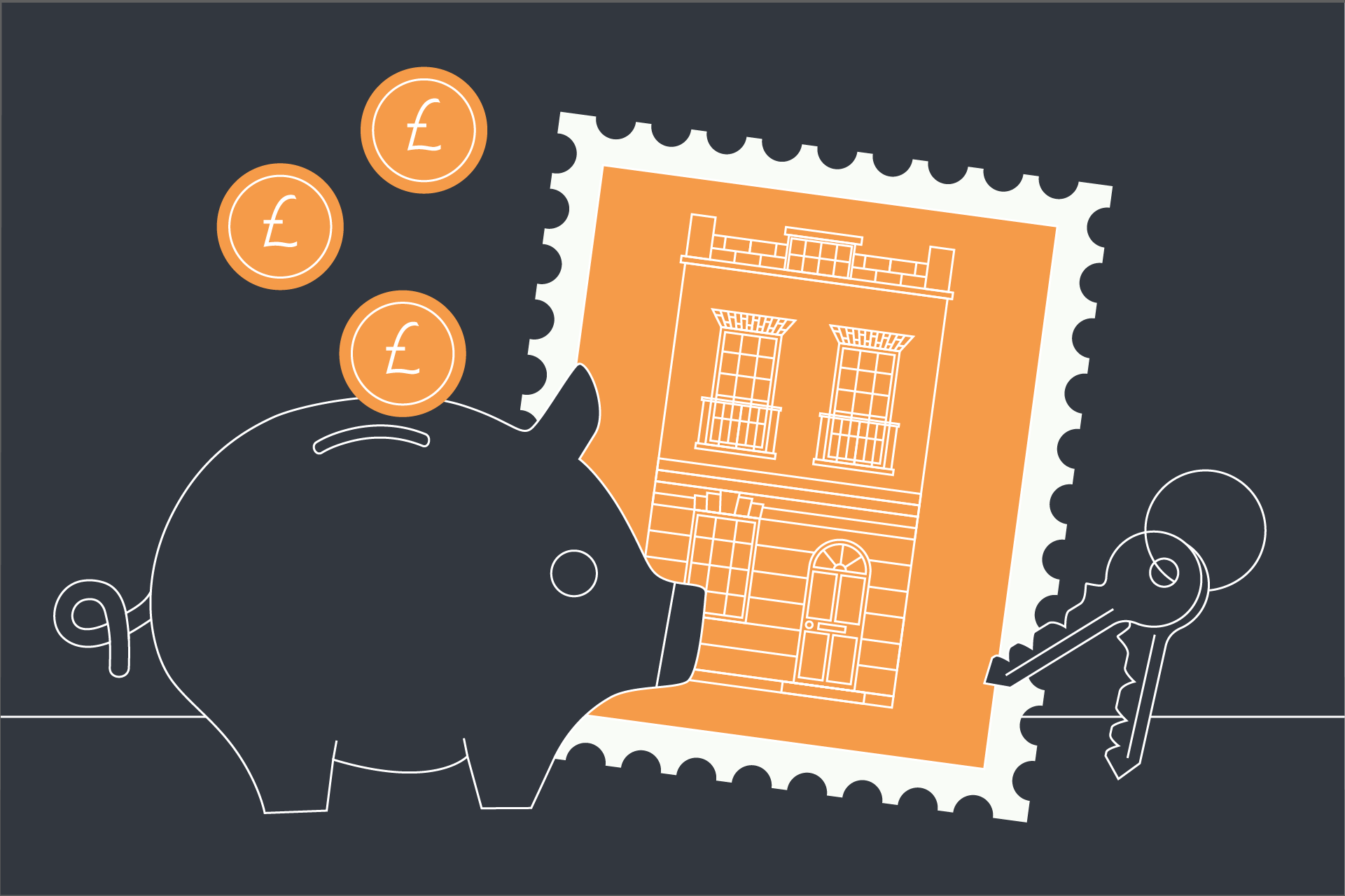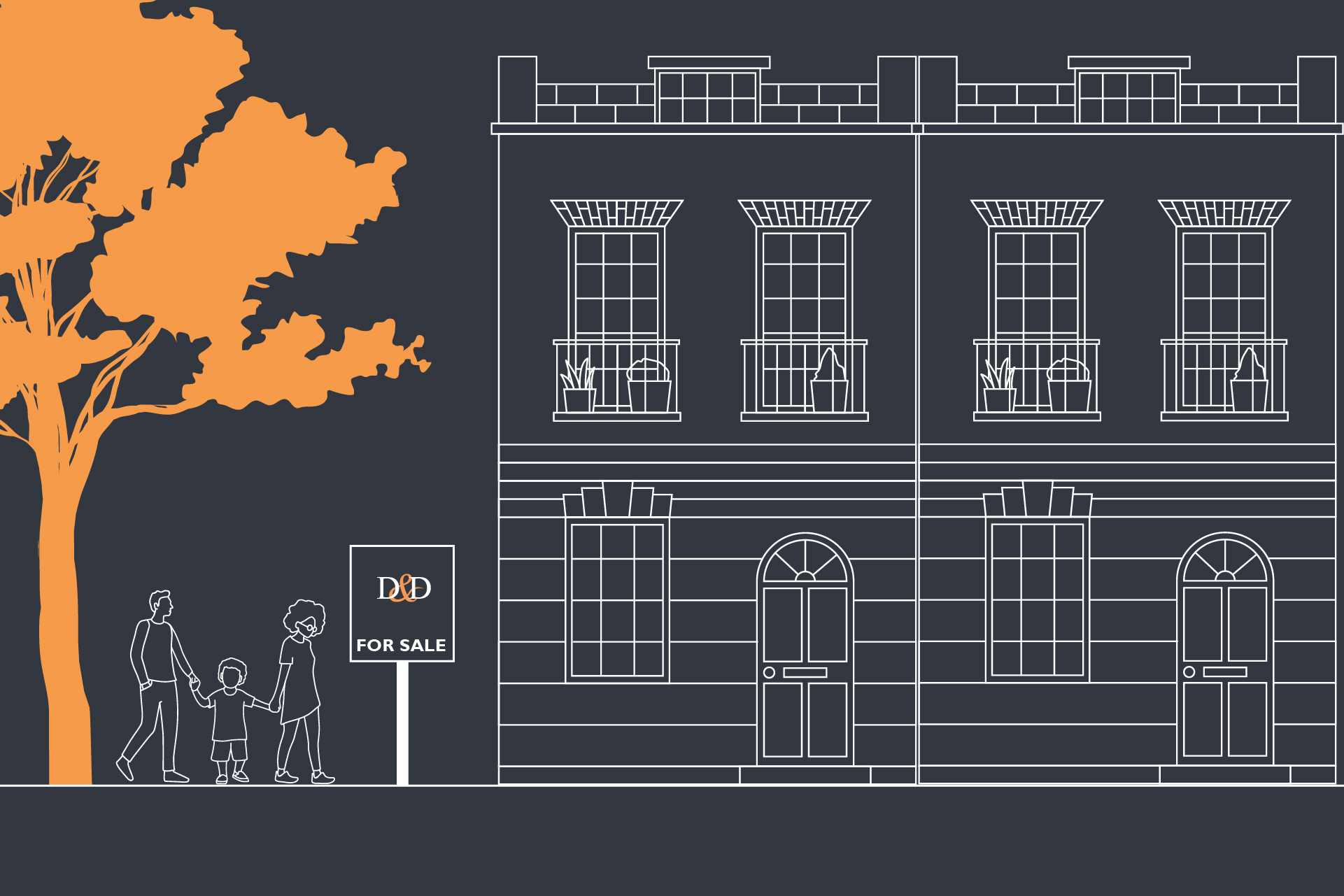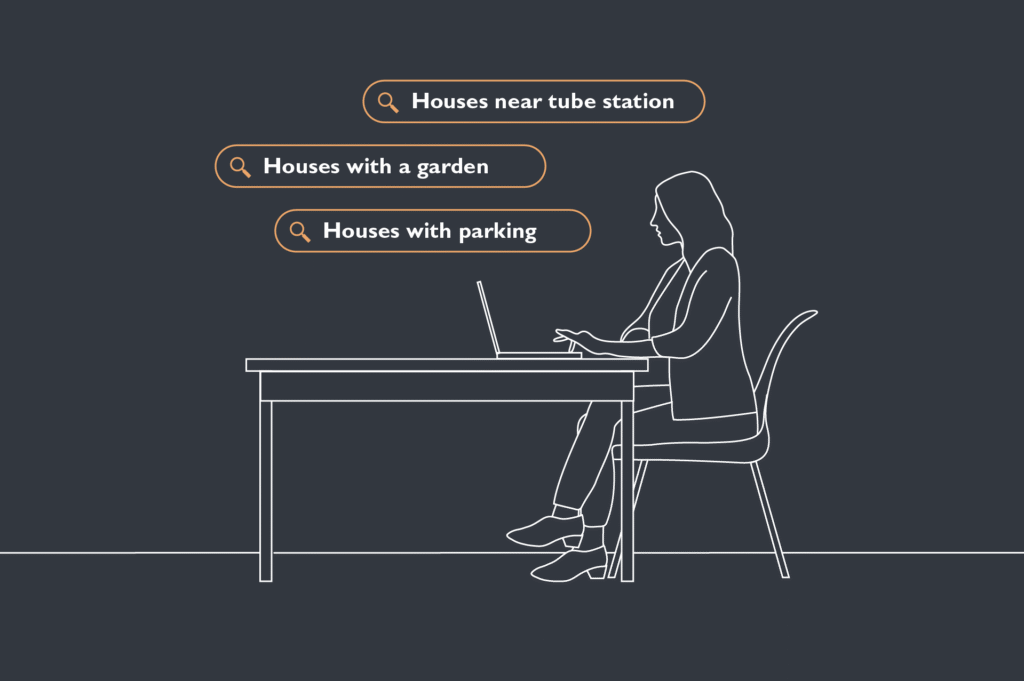You might have been wondering what Rishi Sunak’s 2021 budget means for the property sector and how it affects you. It’s true to say that the financial stability of the UK has historically mirrored the health of the property sector. Last year the market pretty much came to a standstill for a brief period during the early days of the pandemic.
However, the introduction of the stamp duty holiday, and other economic measures brought in, have allowed the sector to more or less bounce back. The new 2021 budget continues on this pathway of sustaining the property market.
So what does this mean for first-time buyers, homeowners, landlords, tenants and potential investors? Here’s a summary:

Stamp duty holiday extension.
The stamp duty holiday was introduced in 2020. Originally the holiday was due to end in March 2021. It’s now been extended to the 30th June 2021. This means that you won’t have to pay any stamp duty taxes on property purchases in England and Northern Ireland on sales up to £500,000. This could save you up to £15,000.
After June there will be a ‘transitional period’ whereby home buyers won’t have to pay any stamp duty on the first £250,000 of a property until the end of September 2021. That’s double the original level. From the 1st October the stamp duty threshold will return back to £125,000, the level it was set at pre-pandemic.
How does this affect me?
After the holiday was first announced the market saw considerable movement. Buyers suddenly came out in their droves, eager to benefit from the potential savings. Many buyers have been able to afford previously unattainable purchases. Buyers have also been able to benefit from investing the thousands of pounds they’ve saved into their new home, rather than putting it straight into the government’s pocket.
Sellers have also been eager to take advantage of this renewed activity and complete transactions before the deadline. Older homeowners in bigger properties are able to downsize more easily. Landlords have been able to invest further. Movers with young families have been able to sell their current properties quickly and move into larger properties.
We’ve already seen a similar level of activity happening now that the extension has been confirmed. We’re now expecting to see an increase in properties onto the market and buyer interest. According to The Advisory UK, March is the best month to put your property on the market if you want to sell quickly and for the best price. This March will be no exception.
Read more about the stamp duty holiday by clicking here.

New 95% mortgage guarantee system.
The UK Government has announced a new mortgage guarantee scheme which will encourage lenders to offer 95% loan-to-value mortgages on homes with a value of up to £600,000. Under the scheme buyers will have the opportunity to fix their initial mortgage rate for at least five years should they wish to. It’s aimed at helping first time buyers with their deposits – usually the first hurdle that prevents many FTB’s from getting on the housing ladder.
The mortgage guarantee scheme provides lenders with an option to take out a government guarantee to cover a portion of the losses incurred as a result of foreclosure. A commercial fee will be charged by the government for the provision of this scheme, with compensations paid out to cover a portion of any losses incurred.
The government are hopeful that the scheme will turn a generation of renters into home buyers. Rishi Sunak has said: “Even with the stamp duty holiday cut, there is still a significant barrier to people getting on the housing ladder – the cost of the deposit. So I’m announcing today a new policy to stand behind homebuyers – a mortgage guarantee.” As a result, some of the largest lenders, including Barclays and HSBC, will be offering these 95% mortgages from April 2021. The scheme will be available for new mortgages up to 31st December 2022 on pre-owned or new properties.
How does this affect me?
Well it’s good news for buyers who are able to raise a 5% deposit to purchase a home. The uncertainty of the pandemic caused lenders to withdraw 95% mortgages and instead require a 10 to 15% deposit. In a double whammy lenders also started charging much higher interest rates at the same time as demanding bigger deposits.
Fortunately, interest rates have begun to drop to pre-pandemic levels. Moreover, the new guarantee scheme means that many more first-time buyers will be able to get on the ladder. The can only have a positive effect on homeowners looking to sell too, as demand should increase.
Have a read of our first-time buyers guide by clicking here.

Corporation tax increases and other tax stale mates.
Corporation tax on company profits is set to rise from 19% to 25% in April 2023. However, businesses earning a profit of less than £50,000 pa will continue to pay 19% corporation tax. There will be a tapered rate of tax for those earning profits between £50,000 pa and £250,000 pa. Only those businesses earning a profit of £250,000 or more paying the maximum amount of 25% corporation tax.
The Capital Gains Tax annual exemption will remain at £12,300 until April 2026. Although there were no significant changes in this Budget, it is possible that changes may be on the horizon. Rishi Sunak failed to mention Capital Gains Tax when he promised not to raise the rates on Income Tax, National Insurance or VAT. Moreover, Capital Gains Tax is an area which the Government has asked the Office of Tax Simplification to review.
There were also no changes announced for Inheritance Tax despite some speculation. However, this is another area which may see changes in the future, with four separate reports in the last few years proposing numerous ways in which it should be amended. The nil rate band remains fixed at £325,000 until April 2026, by which time it will have been fixed for 17 years. The residence nil rate band will remain fixed at £175,000 and the threshold at which the residence nil rate band begins tapering away remains fixed at £2 million.
How does this affect me?
Larger buy-to-let landlords who have incorporated their portfolio into a limited company, will be hit by the increase in corporation tax. Clever tax planning will help you weather any issues and prepare for any taxation changes that may occur in the future.
Read our guide on becoming a buy-to-let landlord by clicking here.

£408m investment for the arts and culture sector.
This extra funding is aimed at revitalising Britain’s suffering arts and culture sector. It’s hoped that it will help to ensure the survival of theatres, galleries, museums and live music venues as lockdown eventually eases.
How does this affect me?
Many landlords in London have been struggling as a result of the pandemic. This has put pressure on renters, with some even moving out of the city to save on rental costs. As a result, it’s hoped that this investment will help improve the overall attractiveness of the city to tenants, encouraging them to move back to or stay in London.
Check out our properties to let by clicking here.

Universal Credit uplift and furlough extension.
Those in receipt of Universal Credit will be paid an additional £20 pw until the end of August 2021. This is aimed at helping people cope with the financial hardships that have resulted from the pandemic.
Meanwhile, the Coronavirus Job Retention Scheme will stay open until the end of September 2021. The scheme includes furlough payments, which covers 80% of an employee’s wages for any hours that they cannot work as a direct result of the pandemic. This scheme has allowed multiple businesses to keep their staff employed at their companies. So far it’s protected over 11 million jobs since March 2020.
How does this affect me?
The Universal Credit uplift provides short-term relief for those living on the lowest income. The extra £20 pw could help low income families maintain their rent payments. Furthermore, the extension of the Coronavirus Job Retention Scheme will allow many to maintain their costs of living, which includes rent and mortgage repayments.
Find our guidance for tenants during the COVID-19 pandemic by clicking here.

That’s our round up of what the 2021 budget means for the property sector and how it might affect you. It’s a generally positive outlook for the property market, which should help support the sector’s recovery. A multitude of new buyers should especially benefit from the stamp duty holiday extension and mortgage guarantee scheme. So, if you’re looking to buy now is a good time to get cracking!
If you’re a buyer, homeowner, landlord, tenant or investor and would like some advice get in touch!
Contact us:
alex@daviesdavies.co.uk – Lettings Director (contact for lettings, property management and block management)
mark@daviesdavies.co.uk – Sales Director (contact for sales, investors and surveying)
020 3481 6613
Davies & Davies Estate Agents, 85 Stroud Green Road, London, N4 3EG
Article & images by Barefaced Studios

So, you’ve finally decided to take the plunge and buy your first home. Congratulations! You’ve battled through confusing mortgage lingo, survived the viewing marathons, and maybe even resisted falling in love with a flat above your favourite chicken shop (no judgment, the smell of chip oil is comforting). But just when you think you’re on the home straight… someone mentions the chain. Cue dramatic music and a sudden sinking feeling. Don’t panic-chains are common, not catastrophic. But they can cause delays and derailments if you don’t know what you’re dealing with. So, let’s unpick the mystery of property chains and show you how to dodge the drama.
Read More...
We crunched the Google data so you don’t have to – here are the top 20 features North London buyers are obsessively searching for this year (and how we use that intel to sell smarter).
Read More...
Big changes are coming for landlords-and no, we’re not talking about EPC ratings or rogue tenants. HMRC is going digital, and if you’re a landlord earning over £50k a year, you’ll need to join the party by April 2026. Sound stressful? Don’t worry-we’ve got the plain-English version right here, no tax jargon overload to contend with over your corn flakes…
Read More...Get in Touch
Opening Times
Mon – Thurs: 0900 – 1815
Fri: 0900 – 1800
Sat: 1000 – 1600
Sun: Appointments by request